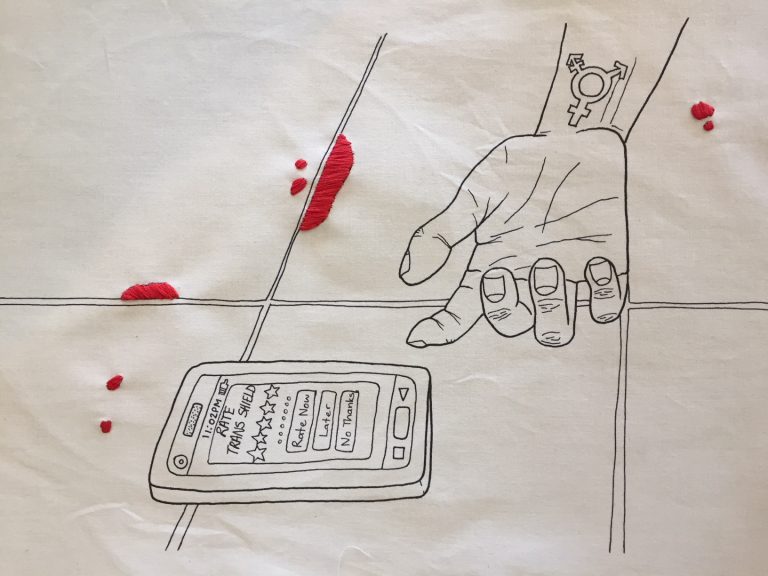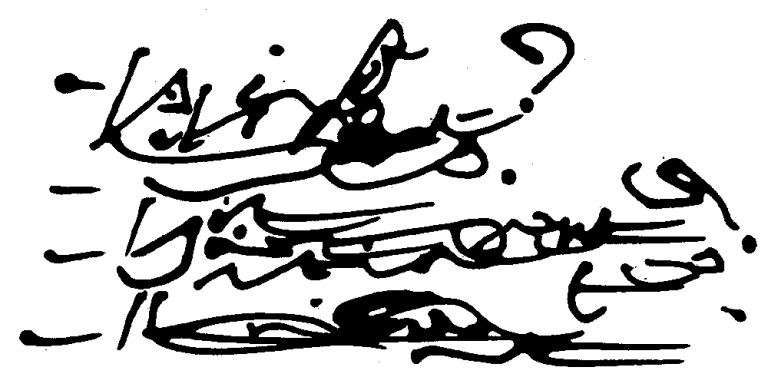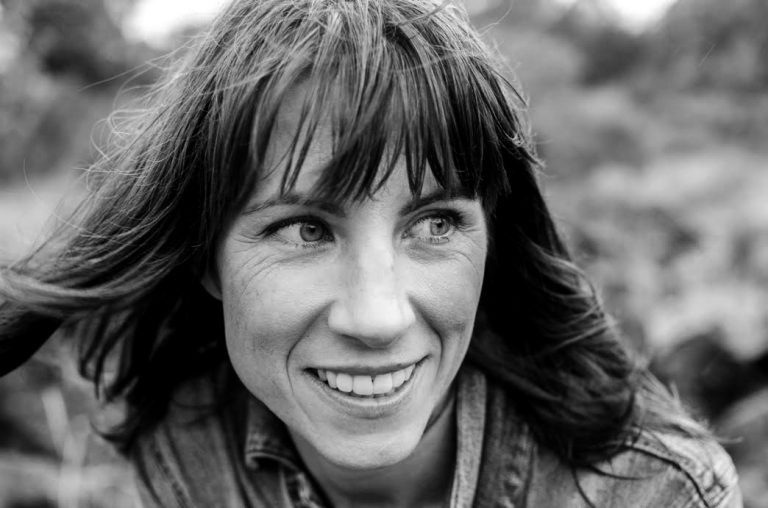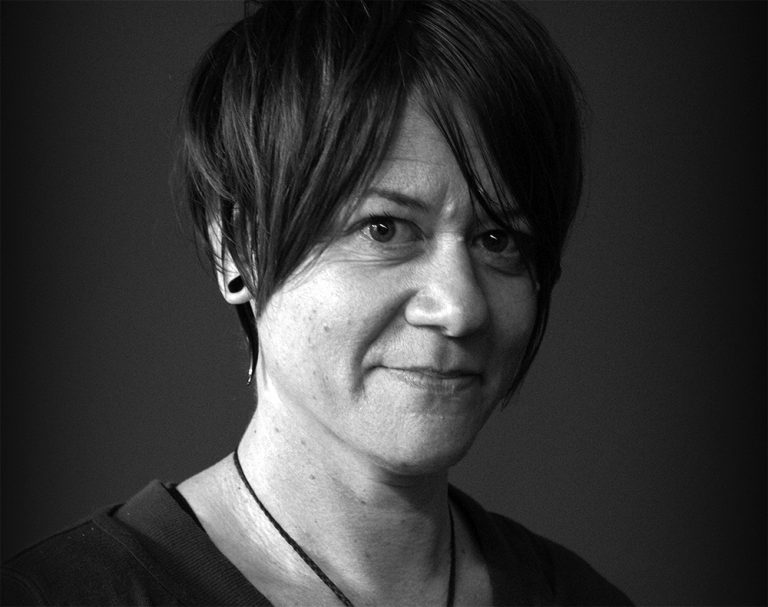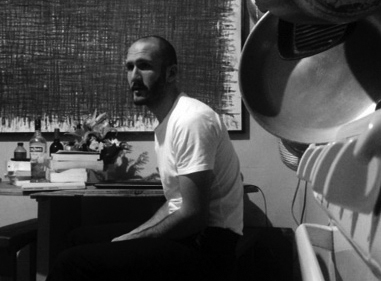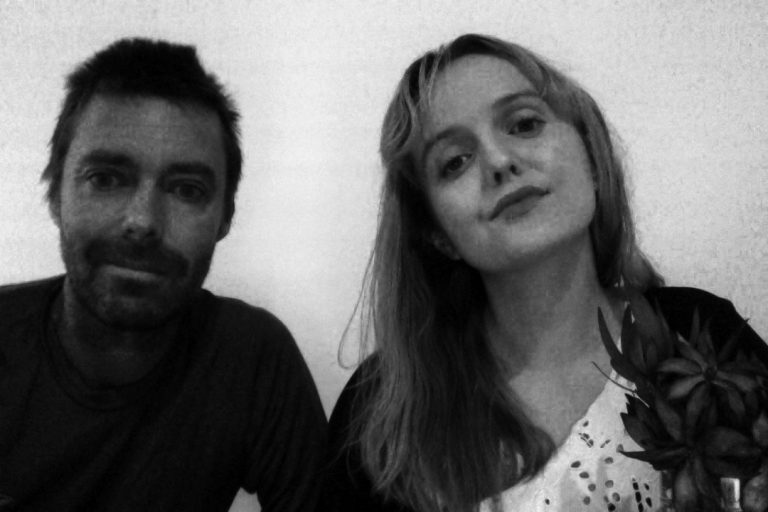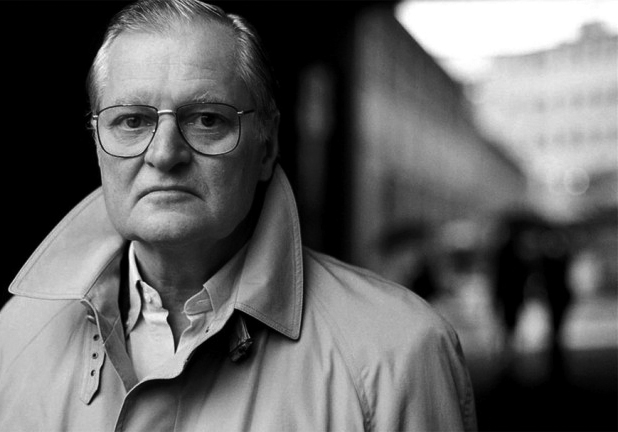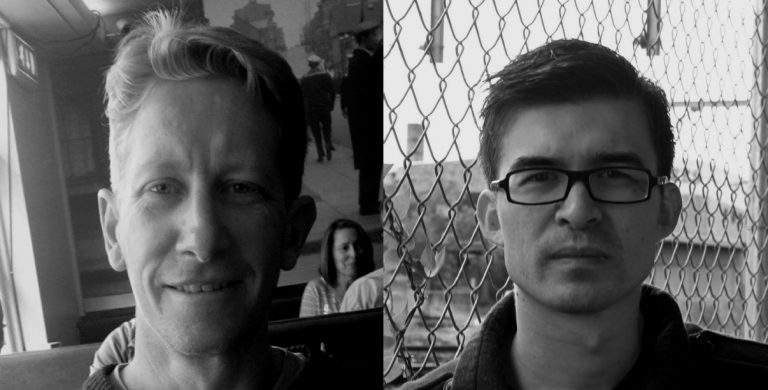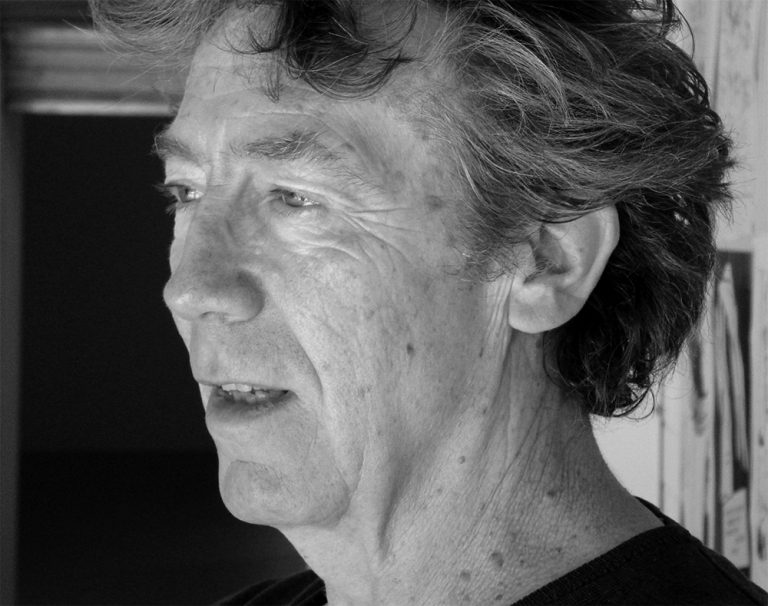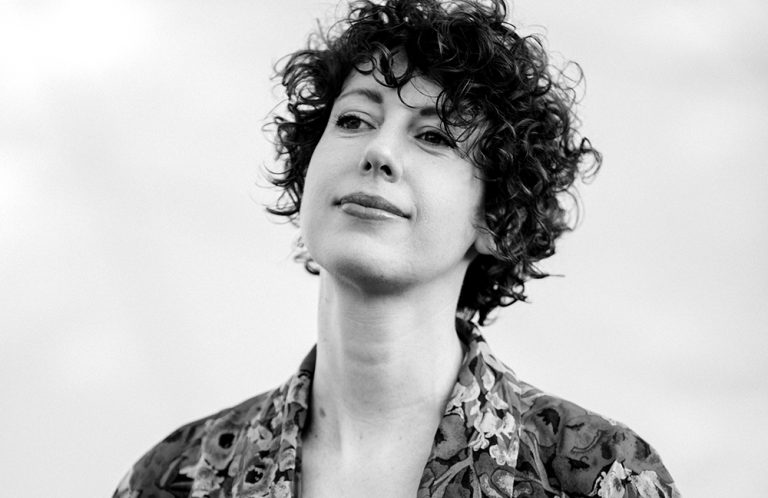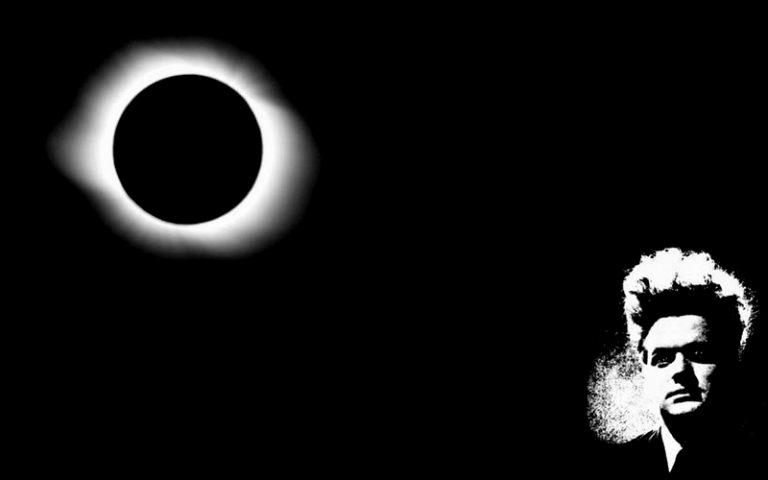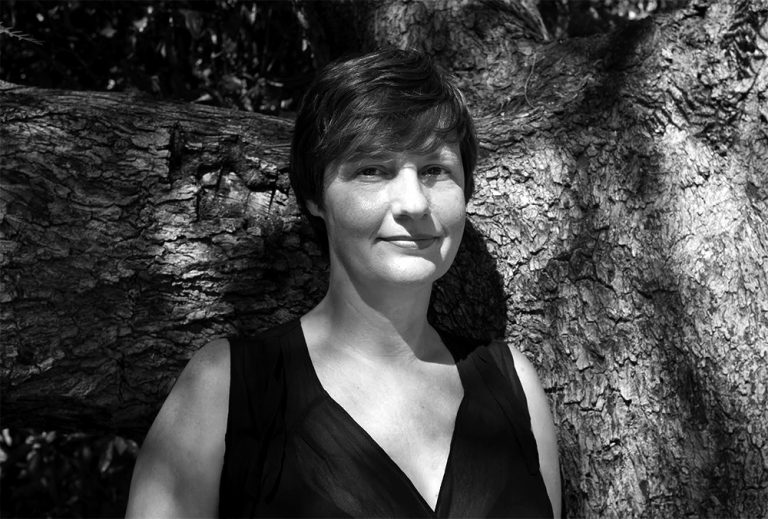ESSAYS
The Unaugmented Reality of Transgender Discrimination: ‘Do more, do better’
‘Do more, do better’ is a poem in four parts that explores transgender discrimination through a hypothetical augmented reality (AR) mobile app. The accompanying inked and embroidered art pieces reiterate key themes within the poem using a medium that could be considered an analogue to tech culture’s digital: craftivism.
Experimental Confessionalism: The Personal Turn in American Post-conceptual Poetry
Language poetry and conceptual poetry have both been enormously important movements in the development of contemporary experimental American poetry. They continue to be influential, however they are now both historical moments. This has led to some contemporary poets positioning themselves as post-language or post-conceptual.
What the Repetitions of Poetry Might Help Us Remember about Home, Belonging and the Self
It’s mid January in Edinburgh. Patches of yesterday’s snow make florescent patterns on the future flowerbeds of the new old folks home across the road. It’s a home specifically for people with dementia.
Sonic Twin? A Poetics of Poetic Radio
When I reflect on the last decade of my engagement with poetry, I hear a presence shadowing many of my encounters. ‘Hear’ is an apt verb, because this presence is aural.
NO THEME VII Editorial
Four years ago, writing an essay on David Malouf, I learned that Hawthorn Library held a copy of his first poetry collection, Bicycle and Other Poems (1970). I borrowed it, and, sadly, I returned it, too. Today, I rang the library to find the book.
Bone Shame: Grief, Te Ao Māori and the Liminal Space where Translation Fails
Wherever there is a need for translation there is discomfort – a chasm that must be scaffolded, or connected by branch, bond or bridge. There is almost a desperation in the need to both enlighten and to be understood.
Re-imagining Place: A Psychogeographic Reading of Carmine Frascarelli’s Sydney Road Poems
What can the original concepts underpinning psychogeography lend to a discussion of the relation between poetry and place in contemporary Australian poetics?
‘Geelong checks its modernist warranty’
In 1890, an American aeronaut named Millie Viola departs the Geelong showgrounds in a hot air balloon, in order to give an assembled crowd of onlookers a parachute jump display.
John Ashbery’s Humane Abstractions
In the context of John Ashbery’s long career it is possible to a claim a particular significance for that book. Published in 1970, it was the first volume he wrote after re-settling in the United States in 1965, having lived in Paris for the best part of a decade. It was also the book in which he arrived at a kind of poem – ‘Soonest Mended’ is an example, but so are several others, ‘Evening in the Country’, say, or ‘The Bungalows’ – that established a way of configuring voice, narrative trajectory, human relations and cultural reference that would become recognisable as characteristically Ashberyan.
PHILIPPINES Editorial
To enter the mind of Philippine literature in English, it is important to note the evolution of English in the Philippines. We were colonised by Spain in 1521 and sold to America in 1898. According to eminent Filipino poet and scholar, Gémino Abad, Philippine poetry in English only took flight in the 1920s – it is a considerably young poetry, being less than a hundred years old.
Phenomenological: Musings on Contemporary Filipino Poetry
On my frequent trips back to Manila, I often marvel at the range of books and literary material now occupying the shelves of bookstores. There’s the usual fare of fiction thrillers, children’s books, academic and scholarly reference books, and religion-based how-to guides. There’s also a flood of young adult and poetry books.
SUBURBIA Editorial
Suburbia is often perceived to be artistically peripheral and yet it is also entrenched as the focal point of Australian cultural hegemony. After all, Australia has been the most suburban nation on earth since the late nineteenth century.
Ghost Flowers in the Word Machine: Poetry, Pessimism and Translation in the Age of Technology
I once read that the word ikebana (生け花), denoting the Japanese art of flower arrangement, can be roughly translated into English as ‘living flower,’ or ‘bringing life to the flowers.’
‘a homemade world’: On the Dandenong Line
Sometime in 1953 my parents bought a house in Clayton (Victoria, Australia), then on the edge of south-east Melbourne. We moved there from a decidedly different environment: the guest house that my Grandmother owned. This was on Beaconsfield Parade in South Melbourne.
Ken Bolton’s Suburbia, an Introduction
This is going to be a rather disordered list of undeveloped and not closely connected thoughts about ‘the suburban’ and its binary partner ‘the urban’. Not my thoughts, for the most part, but my list of thoughts generally available.
Wright Vociferous – ‘Birds’ and ‘Skins’ – Physiognomy, Identity and the Wild Spoken Word
Our presentations organically generated overlays. Had I had more time, I would have brought in her first recognition of ‘I’ experienced at around three years of age.
No Safety, No Submission? A Survey of New Zealand Small Presses
There is a preconception that small presses, existing as they do outside the mainstream, publish poetry that is wilder, stranger, more political, and more ethnically diverse. Poetry that the university publishers have turned away, or whose genius such presses have failed to recognise.
But Why Am I Telling You this? You Are Not Even Here: Against Defining the Suburb
When I was 17 and finishing my high school exams the petrol station around the corner from our house exploded. I didn’t hear it but my twin brother did: he jingled the keys and we drove in his Subaru ute to check out the damage.
The 2018 Event Horizon of Micro Press Poetry Publishing in Australia
I begin with cosmic censorship conjecture, a formally observed tête-à-tête that coils between astrophysicists whenever they get worked up over space and matter. Einstein’s theory of general relativity predicts that matter can cataclysmically implode to a state where a given density and the space-time curvature split towards infinite values.
MATHEMATICS Editorial
I was already quite a few years into a creative writing PhD titled ‘Generic Engineering’ and flailing around quite spectacularly in a galaxy of words when an academic friend, perhaps hoping to spare me the indignity of a completed thesis and potential employment, flipped to the middle of the 526-page book he was reading and wordlessly pointed to a single sentence. ‘Due to a predilection whose origin I will leave it up to the reader to determine,’ he read, ‘I will choose the symbol ♀ for this inscription.’
Nighthawk, Part 1: Use of Additive Sequences for Generating a Cut-up Poem
In 1973, I was a post-graduate student at the University of California, San Diego, working on my Master’s degree in music composition. My principle teacher at the time was Kenneth Gaburo, well known for his work in compositional linguistics which crossed boundaries between music, language, writing, performance, and dance.
FOB: Fresh Off the Books
‘Only idiots and government leeches live in Western Sydney,’ Zekay said to me as he tied up his oily brown hair into a topknot. He was standing in the middle of the grass at Central Park Mall, his hairy arms spread out like he was Jesus on the cross.

